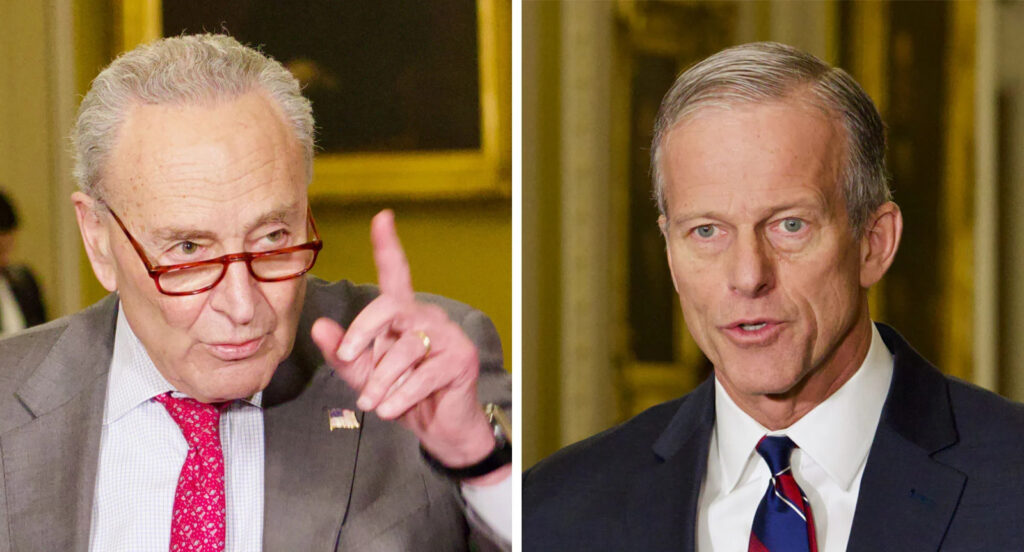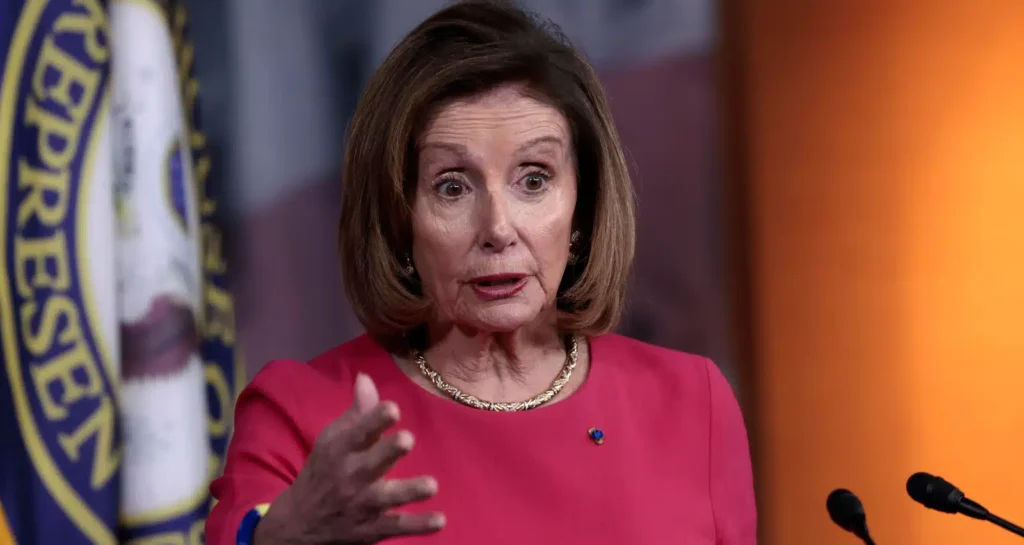The acting head of the Internal Revenue Service plans to step down, the Treasury Department announced Tuesday after disagreeing with the decision to share tax data on illegal immigrants with federal law enforcement.
Commissioner Melanie Krause will become the third IRS leader to leave the agency since the start of the year, which has been made turbulent by left-wing ideologues deciding to follow their political leanings rather than their pledge to serve as non-partisan government employees.
On Monday, the IRS and the Department of Homeland Security finalized an agreement allowing taxpayer data to be shared with federal immigration authorities to aid in locating undocumented immigrants.
According to the Washington Post, officials from the Treasury Department, under which the IRS operates, had largely sidelined Krause in recent days as they pushed to grant immigration authorities access to private taxpayer information, likely because they knew she would oppose the agreement.
Treasury Secretary Scott Bessent and Homeland Security Secretary Kristi Noem signed the data-sharing agreement Monday, despite warnings from IRS attorneys that the arrangement likely violated federal privacy laws, the report said.
“Melanie Krause has been leading the IRS through a time of extraordinary change,” a Treasury spokesperson said in an emailed statement confirming her resignation.
Without mentioning the data agreement, the spokesperson noted further that the agency was “in the midst of breaking down data silos that for too long have stood in the way of identifying waste, fraud, and abuse and bringing criminals to justice.”
Krause’s predecessor, Doug O’Donnell, stepped down as acting commissioner after declining to sign a similar data-sharing agreement with the Department of Homeland Security in February. The last Senate-confirmed IRS commissioner, Danny Werfel, resigned on President Donald Trump’s first day in office.
Krause has chosen to apply for a deferred resignation program currently offered by the IRS, according to a source familiar with her decision. The individual, speaking on condition of anonymity, said her decision to step down was influenced in part by concerns over the recently finalized data-sharing agreement, Reuters noted.
The IRS began implementing sweeping workforce reductions on Friday, dismantling its civil rights office and initiating mass firings that could eliminate up to 25% of its staff.
The cuts are part of a broader overhaul of the federal workforce that has already resulted in the loss of more than 200,000 jobs. President Donald Trump has appointed billionaire Elon Musk to lead the effort to restructure and streamline the federal government through his Department of Government Efficiency (DOGE) team.
Earlier this month, Musk told Texas GOP Sen. Ted Cruz that “magic money computers” within the U.S. government are generating payments “out of thin air,” leaving lawmakers clueless about federal spending.
Speaking on Cruz’s podcast, Musk revealed that 14 such systems exist within the U.S. Treasury and other agencies, transferring large sums without the necessary evidence to justify the payments.
Musk claimed that in departments housing one of these systems, reported spending could be off by as much as 5 percent of the budget when presented to Congress, while Cruz suggested that these improper payments could potentially total “trillions” of dollars.
“They’re mostly at Treasury,” Musk said about the computers discovered by his U.S. Department of Government Efficiency, or DOGE, “but there’s some at [Health and Human Services], there’s one or two at State, there’s some at [the Department of Defense].”
“I think we’ve found now 14 magic money computers. They just send money out of nothing,” he told the Texas Republican senator.
Expounding on DOGE’s discovery, the unconventional entrepreneur explained that the presence of these computers prevents the Treasury Dept. from fully informing lawmakers about the federal government’s total spending.
“You may think that government computers all communicate with each other, synchronize, and accurately calculate where funds are going, making the numbers you see as a senator the real ones. They’re not,” he said.





